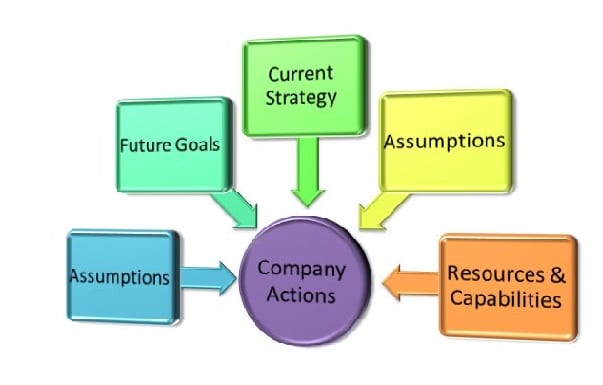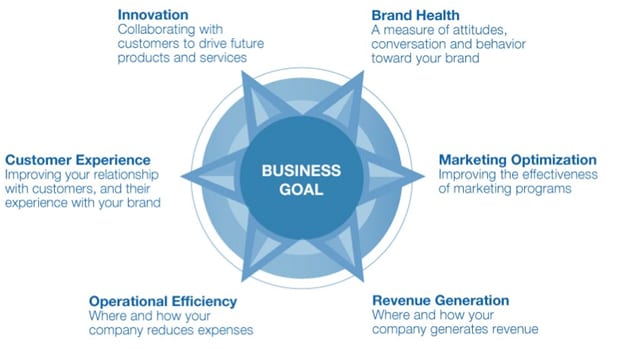Social Media Marketing Strategy is more refined and target oriented.
Marketing has changed a lot in the past few decades. The mass marketing strategy that targets everyone is no longer a viable solution to promote and distribute products. Marketing has become more refined, more target oriented and for a reason. In an internet-free era, marketers simply did not have enough means to get to the right audience, which resulted in enormous marketing budgets and less than average results. Today, customer-oriented marketing allows marketers to target the right audience that can offer substantial profit in the long run. This post will help you understand the importance of social media marketing and how it can be achieved for business success.
Step 1: Understanding social media marketing plan

Before we get down to how to plan marketing activities for social media, it is important to understand what is actually stands for. By definition social media marketing is a way to connect with customers to make potential sales through various social media platforms.
For most people, social media is simply the use of various social media channel, such as Facebook, Twitter, Google+, Pinterest, etc. These channels were basically formed to give people platforms where they can easily share their interests. However, over the years, social media has become much more than just social engagement platforms; they have transformed into a transparent bridge that fills the communication gap between the customers and the businesses.
Businesses, both small and large, need to have social media marketing plan in their overall marketing strategy to reach the right customers.
Step 2: Outline the Goals and Objectives

After you understand what social media marketing is, jump on to the next big step that is outlining your goals and objectives. It is crucial to mention here that defining your social media marketing goals is slightly different from your overall organizational goals; however, they do have a connection. When you define your social media marketing goals, you identify the kind of content that you need to create, and the social media channels that you need to use to disseminate that content.
It is noteworthy here that the content, regardless of its type, must be developed according to the overall business needs. A specialized social media strategist should be able to outline a content strategy specifically for your business needs.
Step 3: Conduct a Social media Audit

Once you understand what you need to do; you have outlined your goals and objectives for your social media marketing campaign. The next step is to perform a social media audit to understand the trends in the digital world to make sure that your strategy goes well with the current trends. Now, you may ask why I have to care about the social media trends.
Social media trends greatly impact the way user utilizes the various social media platforms. Learning about the trends can help you understand how to reach your customers better. During the social media audit you need to analyze what social media your business is currently using, what is the result of using those channels, and what are factors that can impact the result in the near future?
Step 4: Understand your Competition

Competitor analysis is an important aspect of any business. Before getting down to any business, there is a strong need to conduct competition analysis to see where your competitors stand in the market, and what you need to do to beat their strategy to become the leader in the market. Similarly, for a strong social media strategy, it is crucial that you conduct a competitor analysis for all the social media channels to understand how your competitors are targeting the same audience in the market to achieve better results.
Step 5: Monitor and revaluate the Marketing Plan

Social media strategy essentially includes identifying the social media channels, setting goals and objectives to utilize those channels, and understanding competitor’s action with regards to social media. The last and the final step in the process is to go back to your marketing plan and revisit all the elements to make sure that they go well with your social media plan. It is crucial to mention here that social media marketing is a part of an overall marketing plan. Do not mix the two things. The purpose of evaluating your marketing plan is to see if all the factors are contributing towards ROI.
Social media strategy essentially includes identifying the social media channels, setting goals and objectives to utilize those channels, and understanding competitor’s action with regards to social media. The last and the final step in the process is to go back to your marketing plan and revisit all the elements to make sure that they go well with your social media plan. It is crucial to mention here that social media marketing is a part of an overall marketing plan. Do not mix the two things. The purpose of evaluating your marketing plan is to see if all the factors are contributing towards ROI.
